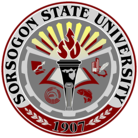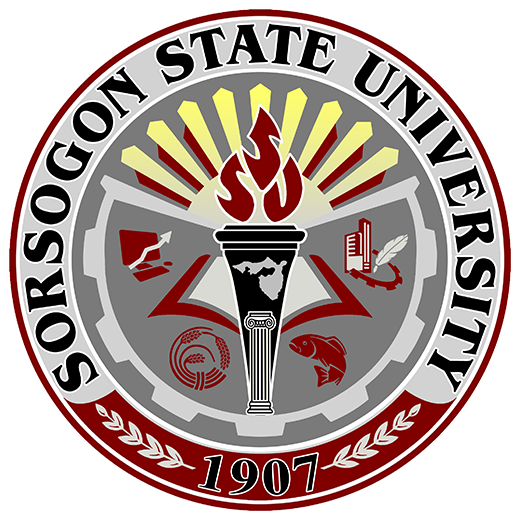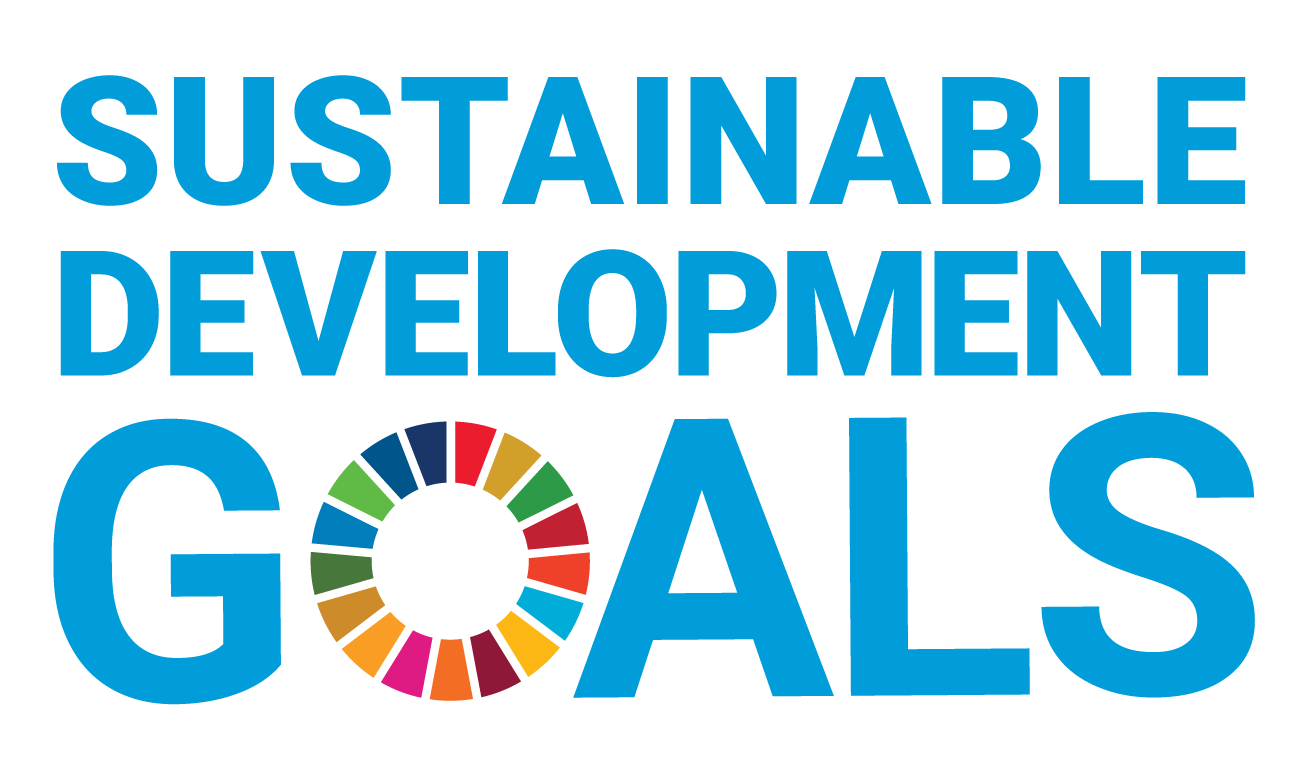
Overview
Sorsogon State University (SorSU) is actively engaged and committed to promoting Zero Hunger through different research initiatives, advocacy campaigns, and community activities. The University’s commitment encompasses various aspects to combat food insecurity and promote sustainable agricultural practices.
These cover studies and innovative products focused on local resources, such as profiling Nypa palm and the development of cookies made from sweet potatoes, squash, and carrots, as well as pies utilizing local ingredients like Pili pulp, Saba bananas, and young coconut meat, to name a few.
Understanding that food insecurity also impacts students, SorSU has launched a number of initiatives and interventions, which feature food banks and food outlets that provide sustainable, healthy, and affordable food choices, including vegetarian and vegan food options. Moreover, the institution has established partnerships with fisherfolks, local farmers, and MSME food producers. By leveraging its research projects and resources, the academe offers essential training-workshops and access to University facilities to further strengthen sustainable agriculture & aquaculture knowledge, skills, and technology transfer. These vital collaborations empower SorSU’s stakeholders in improving sustainable practices, production methods, and market reach.
Through its combined efforts of research initiatives, innovative projects, and community engagements, the Sorsogon State University (SorSU) community proactively exemplifies its shared vision of alleviating hunger both on local and global scenes.
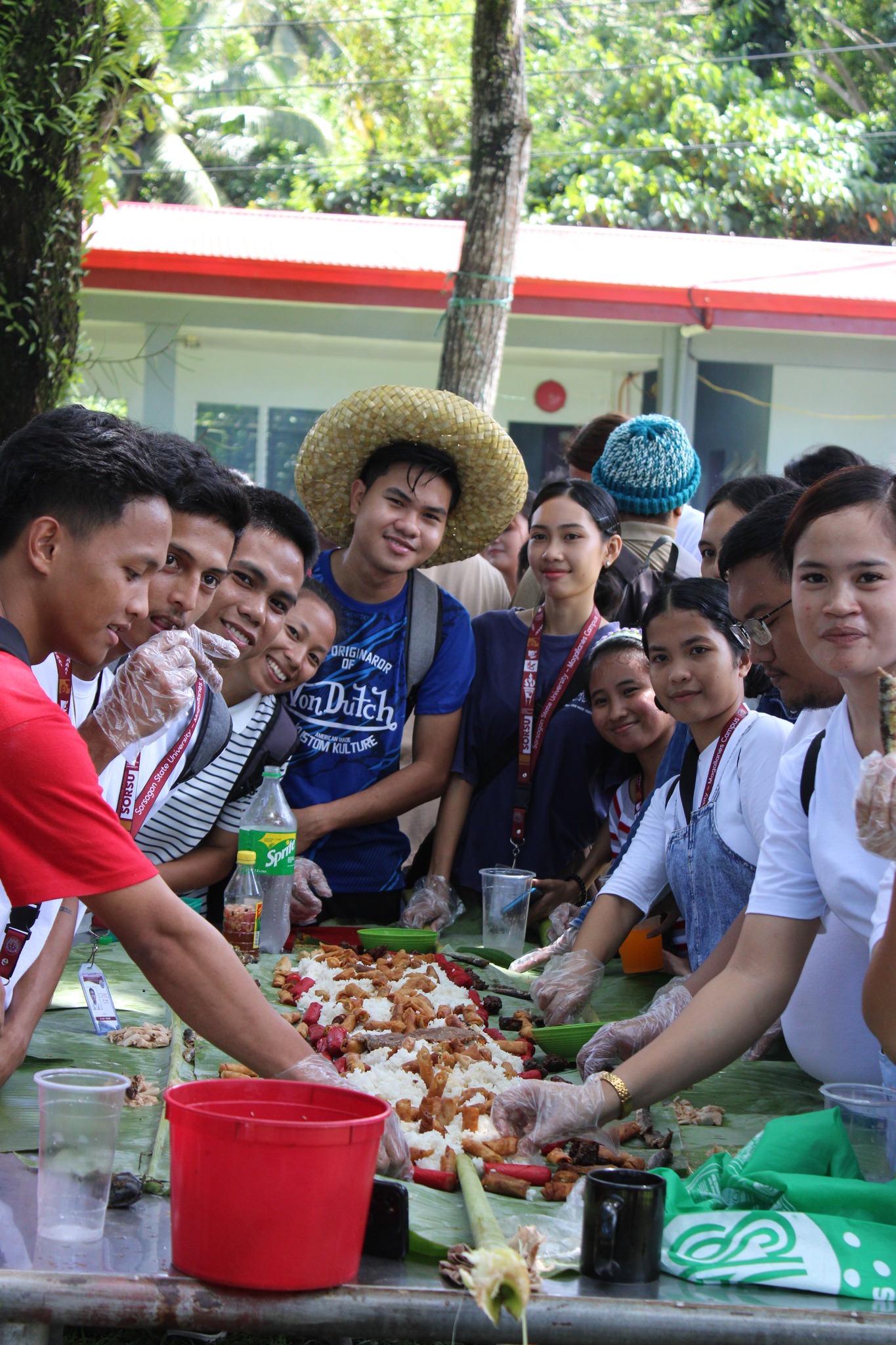
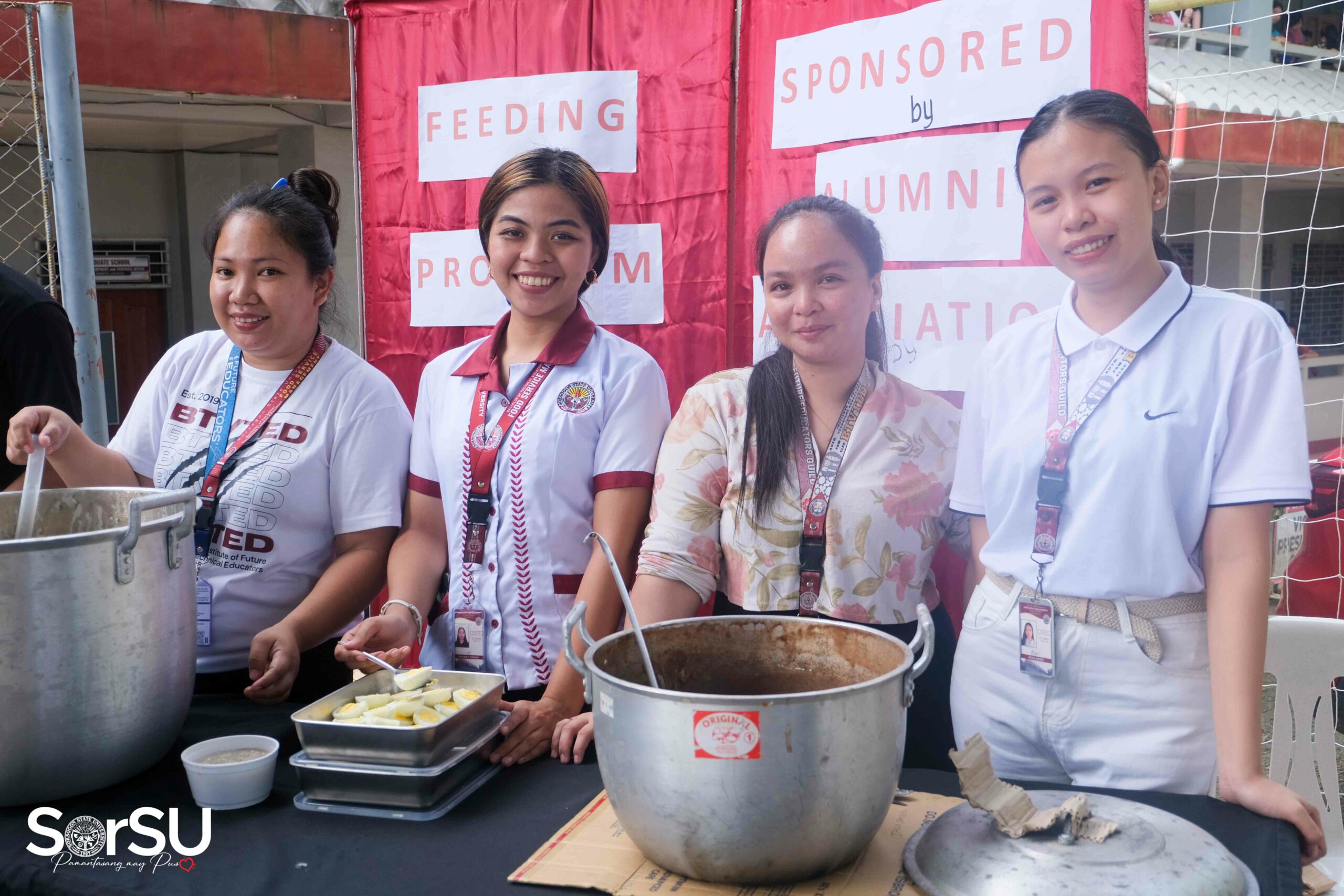
FEATURED STORY
SorSU-Supreme Student Council Sorsogon City Campus launches “Free Breakfast” for students
Aligned with the United Nations Sustainable Development Goal 2: Zero Hunger, the Sorsogon State University-Supreme Student Council Sorsogon City Campus, launched the “Free Breakfast” program on September 11, 2024, at the SorSU covered court.
BY THE NUMBERS
Campus food waste
AY 2022-2023
Total food waste
Campus population
Proportion of graduates in agriculture and aquaculture including sustainability aspects
AY 2022-2023
Number of graduates
Number of graduates from agriculture and aquaculture courses including sustainability aspects
Highlights
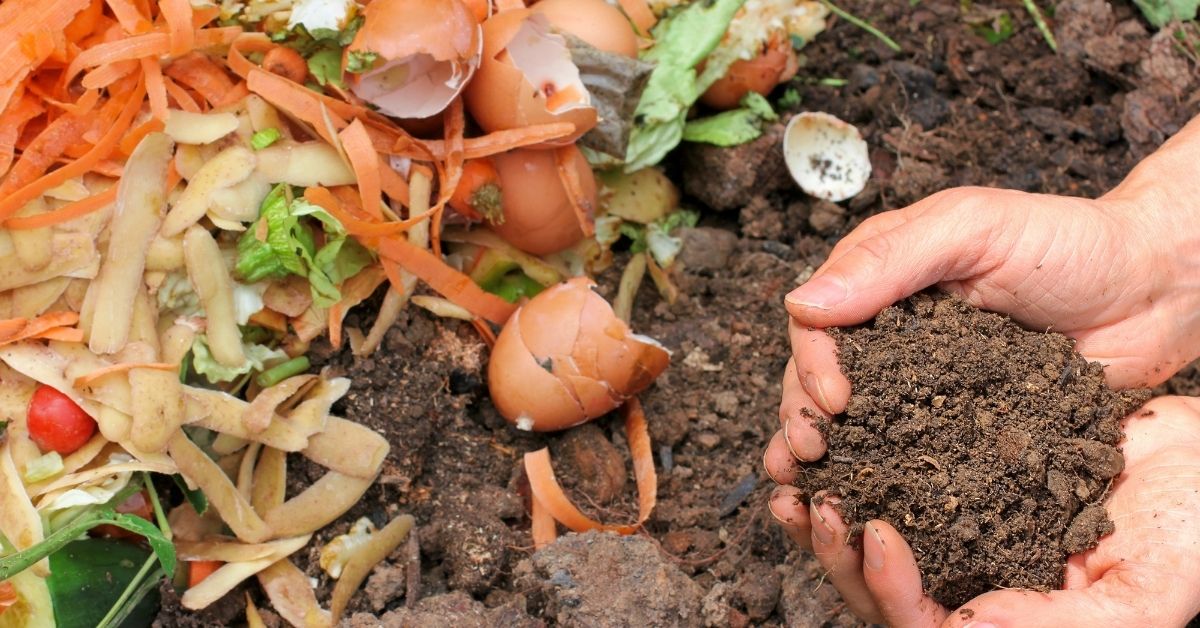
Campus Food Waste
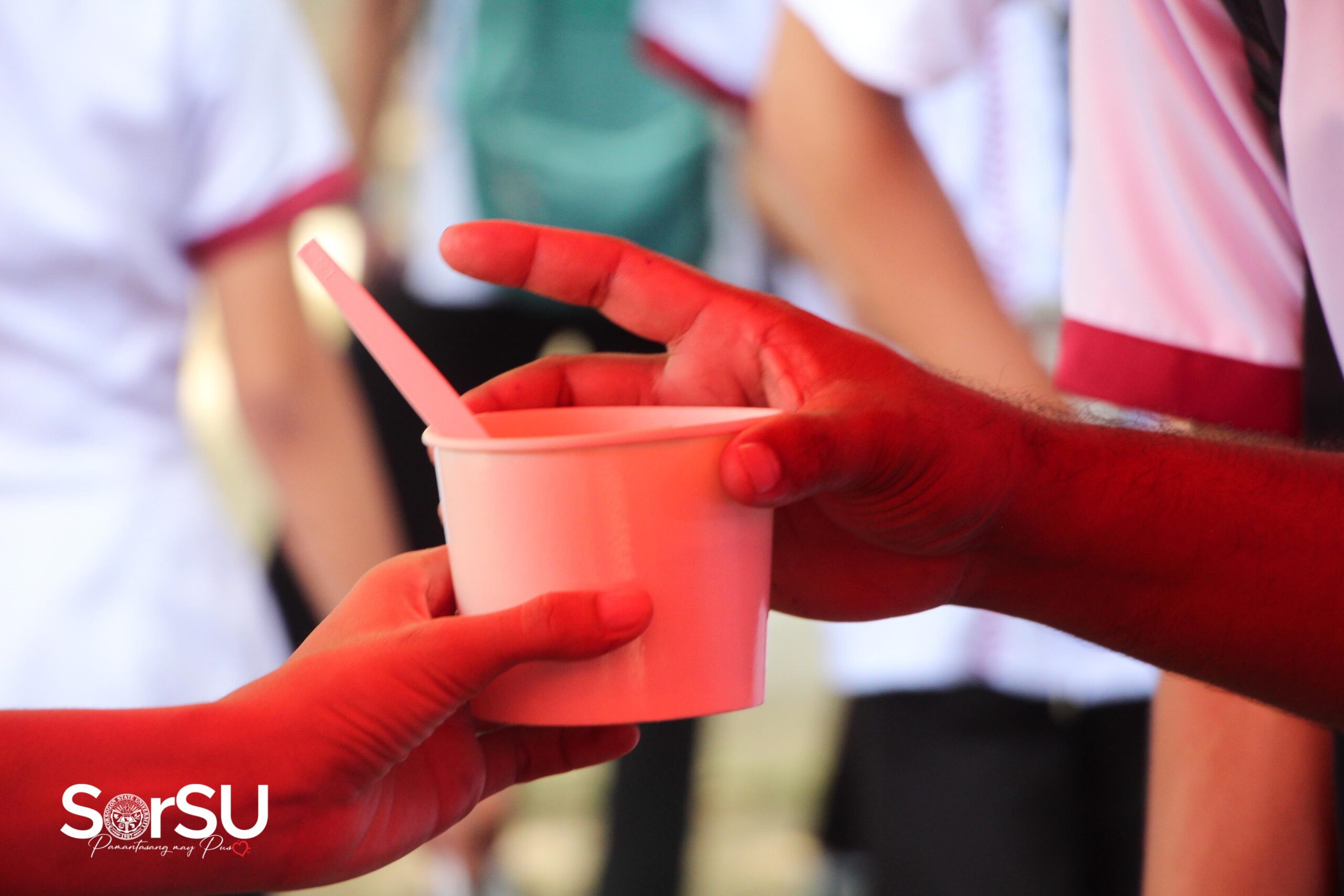
Student Hunger
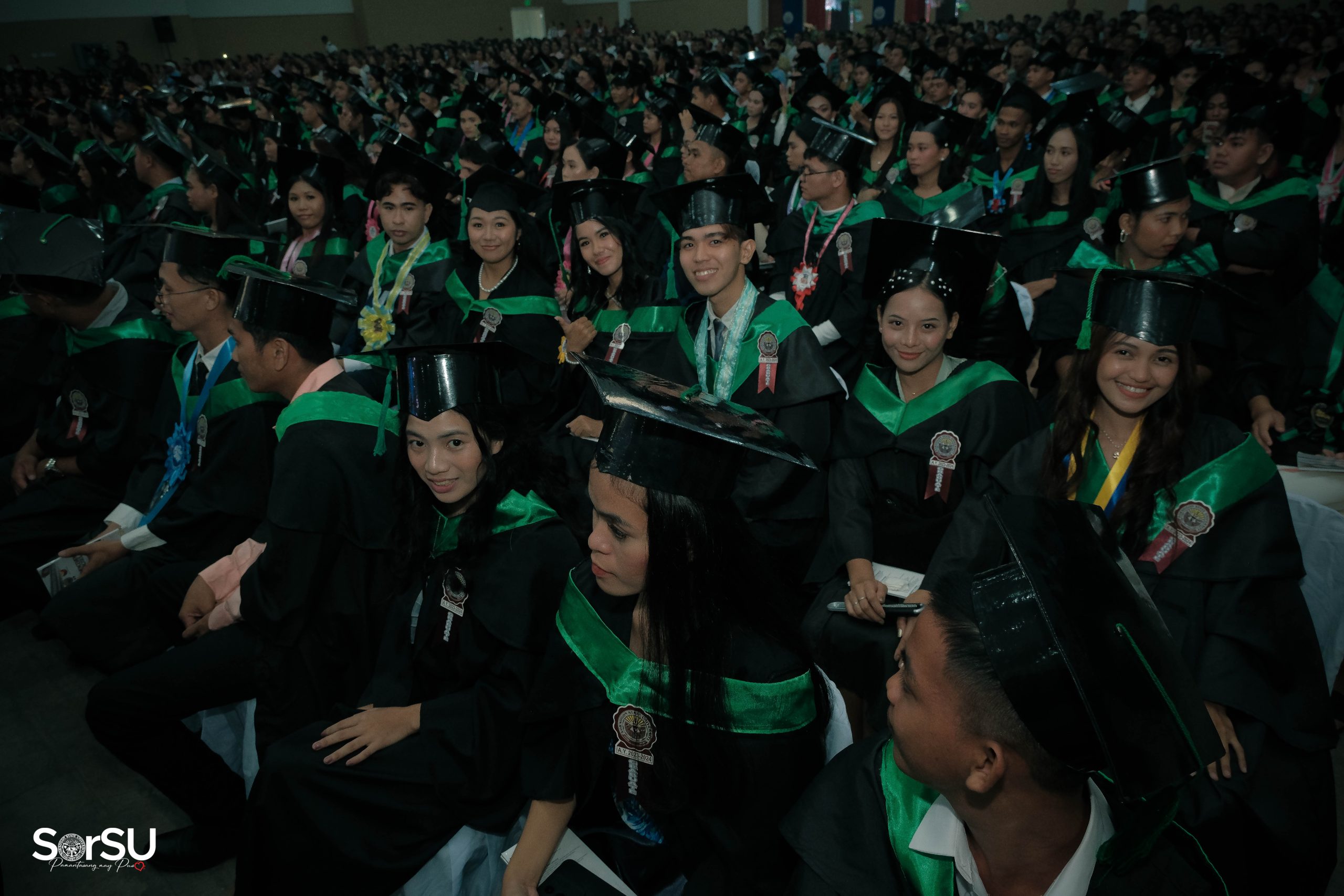
Proportion of graduates in agriculture and aquaculture including sustainability aspects
Campus Population: 14,868
Graduates from agriculture and aquaculture courses including sustainability aspects: 452
Graduates: 488

